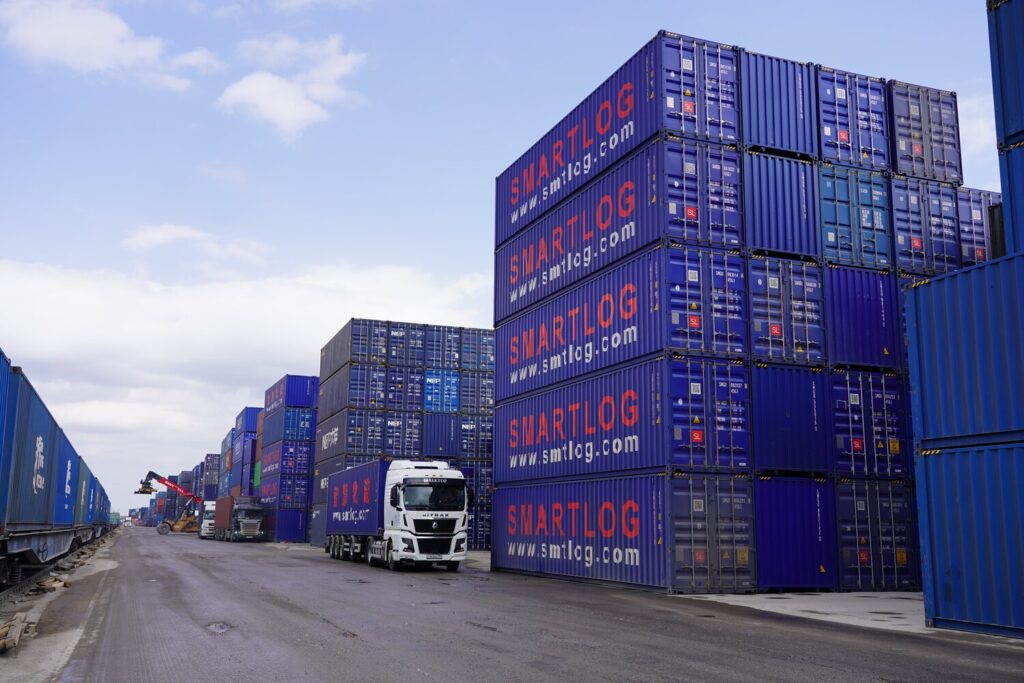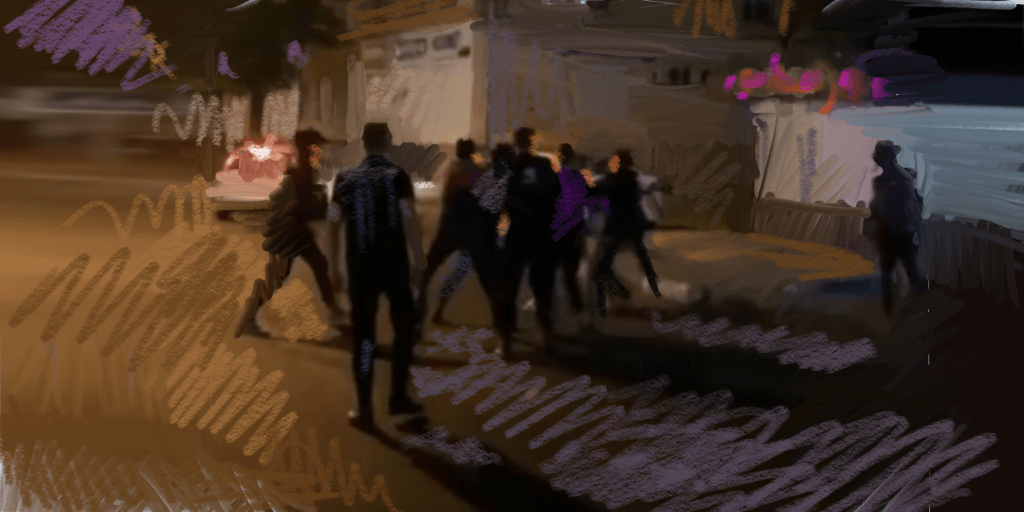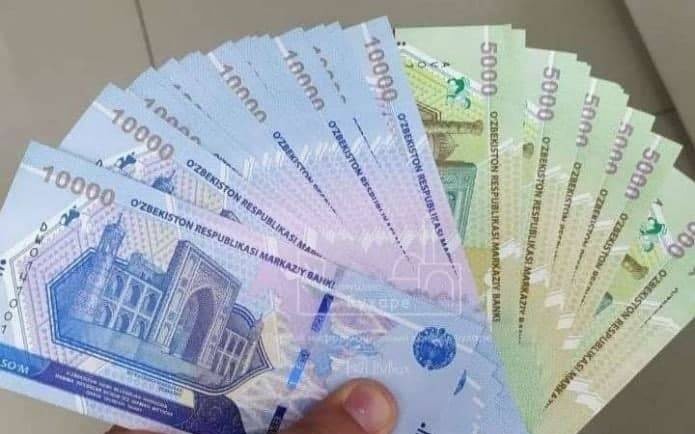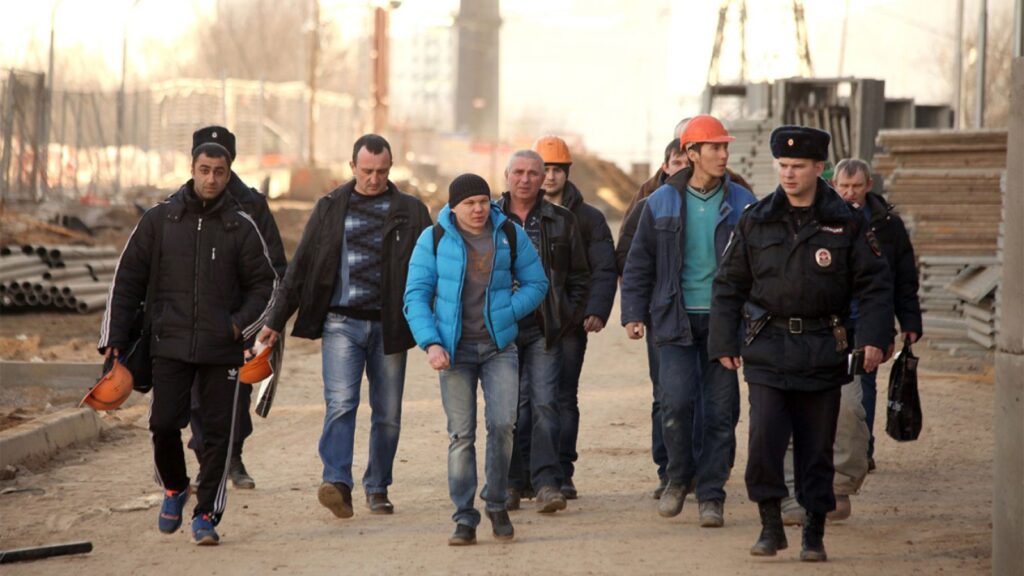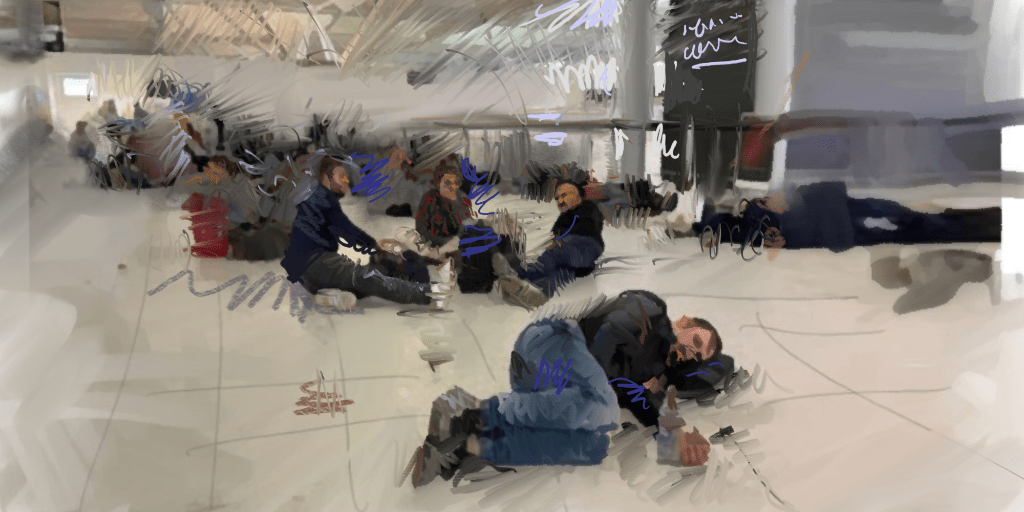More than a thousand Tajik citizens are being held in detention facilities at Moscow airports in unsanitary conditions and without access to hot meals, Tajikistan said on Sunday, a day after the government urged its’ nationals to temporarily refrain from traveling to Russia “unless absolutely necessary.” Over the weekend, Russia disputed Tajik claims that it is targeting people from Tajikistan, saying it is intensifying anti-terrorism measures and that more rigorous checks of foreign citizens seeking entry are carried out “regardless of the nationality of the persons.” The diplomatic back-and-forth, a rare show of discord between Russia and Tajikistan, comes amid a surge in suspicion and harassment among some Russians toward Tajik citizens after gunmen attacked the Crocus City Hall on March 22, killing more than 140 people. Several Tajik suspects were among those initially detained, and Russia’s state-run agency, Tass said on Saturday that a court had ordered the arrest of a 12th suspect, a Tajik citizen living in a Moscow hostel. The Islamic State group, which claimed responsibility for the attack, has some Central Asian recruits, though their number is disputed. “The situation with Tajik citizens stuck at Moscow airports remains difficult,” and restrictive measures are being applied “exclusively” to people from Tajikistan, the Ministry of Foreign Affairs of Tajikistan said in a statement. By late Saturday, 954 Tajik citizens, including students in Russia on scholarships provided by the Tajik government, were in temporary detention at Vnukovo International Airport in Moscow, according to the ministry. It said 322 who waited for hours were allowed into Russia, but the Russian authorities reportedly planned to add 306 people to an “expulsion list,” and 27 have already been expelled. Dozens of Tajik citizens are also being held in poor conditions at the Zhukovsky, Domodedovo and Sheremetyevo airports in Moscow, according to the ministry. Tajik diplomats and members of the diaspora in Russia are delivering meals to their detained compatriots. The embassy in Moscow has opened a 24-hour operational headquarters to help them. Tajikistan expressed its concern in a meeting last week after summoning Russian Ambassador Semyon Grigoryev to the foreign ministry in Dushanbe. On Saturday, in a notice that it described as urgent, Tajikistan’s Ministry of Foreign Affairs urged citizens to “temporarily refrain from traveling to Russian territory by all types of transport unless absolutely necessary.” More thorough checks by Russian law enforcement means that “at checkpoints across the state border, including at a number of airports, there are delays during passport control,” said Maria Zakharova, spokeswoman for Russia’s Ministry of Foreign Affairs. “The Russian side is taking comprehensive measures to resolve the current situation as quickly as possible. We count on your understanding.” Zakharova said “no changes have been made to the list of grounds for imposing a ban on entry into the Russian Federation; there are no additional obstacles to crossing the state border by foreign citizens, provided they have all the necessary documents.” Meanwhile, citizens of Tajikistan are also experiencing problems with entry at land border crossings. More than...


